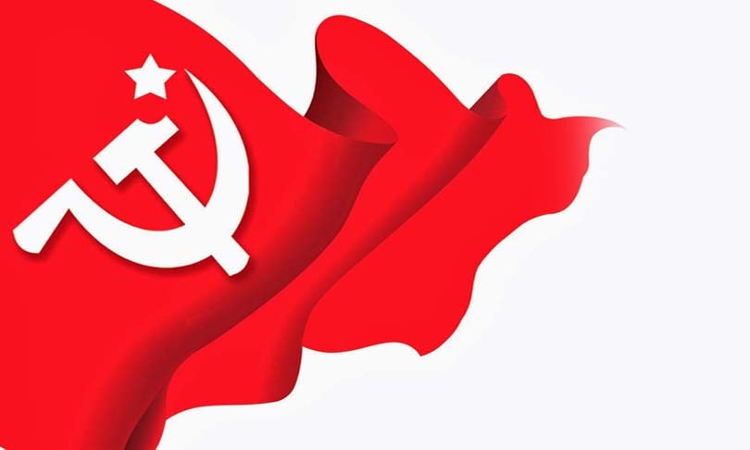CPI(M) Manifesto Promises Legal Recognition For Same-Sex Couples, Repeal Of UAPA & CAA, Replacement Of PMLA
Debby Jain
7 April 2024 7:19 PM IST

Next Story
7 April 2024 7:19 PM IST
Ahead of the 18th Lok Sabha polls, the Communist Party of India (Marxist) recently came out with its Election Manifesto.Among the promises made, the party declared its commitment towards securing legal recognition and protection for same-sex couples. Under the head of LGBTQ+ rights, the manifesto states, "legal recognition and protection" will be provided to same-sex couples "similar to...
